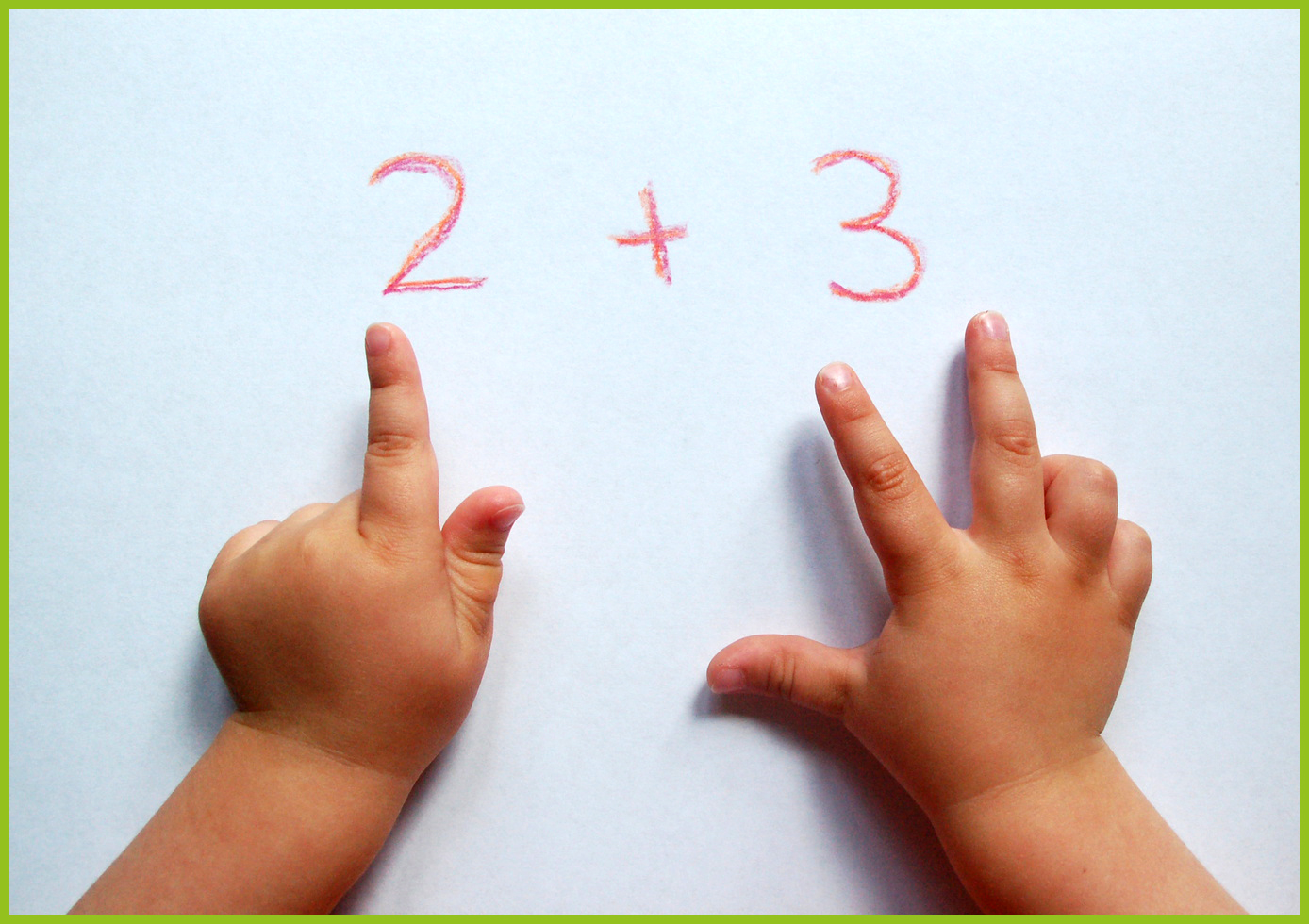Digits grasp digits – Development and evaluation of a digital app for self-regulated training of finger-based numerical strategies
Project description
Almost all children use their fingers for counting and initial calculation. They are readily available, help them keep track of counted numbers, and provide concrete support for mental arithmetic operations. Hence, fingers may be considered an embodied cognitive interface for numbers.
In this project, we will develop and evaluate a game-like app for finger-based training on touch-sensitive tablets for kindergartners. As a cognitive interface, the app will assist children through the initial stages of their numerical development such as i) understanding counting principles (e.g., by realizing that each number word spoken corresponds to one raised finger), ii) becoming aware of the quantitative meaning conveyed by a number (e.g., reflected by the number of fingers raised) and iii) performing initial calculations by understanding that numbers, just like fingers, can be decomposed or grouped into smaller or larger sets.
Although evidence points to a valuable role of fingers in the acquisition of counting, cardinal magnitude understanding and initial calculation, there is currently no study evaluating the influence of explicit finger-based training on numerical development empirically. Therefore, we will pursue this question based on a recent theoretical model suggesting how finger-based numerical strategies may corroborate numerical development in a two-stage procedure. In phase 1, we will develop and implement the finger-based numerical training app for tablets considering theoretical and empirical evidence. As motivation plays a critical role in learning processes, it is planned to make the app as appealing as possible for children by considering state-of-the-art recommendations on game elements such as narrative, visual aesthetics and incentives to promote learning effectively. In phase 2, the efficiency of the app will be evaluated in an intervention study with kindergartners aged 4 to 6. It is expected that the trained use of finger-based numerical strategies should corroborate the acquisition of counting, cardinal, and calculation abilities significantly when children are trained at their individual level of numerical skills. After success evaluation, the app will be made available for free download.
With “Digits grasp Digits”, we wish to make the learning of numerical competences as fun, effective and accessible as possible.

Project Team
- Prof. Dr. Korbinian Moeller, IWM
- Prof. Dr. Caterina Gawrilow, Fachbereich Psychologie, Universität Tübingen
- Roberta Barrocas, IWM
- Dr. Martin Lachmair, IWM
Cooperation Partners
- Prof. Dr. Dorothee Kimmich, Deutsches Seminar, Universiät Tübingen
- Prof. Dr. Silke Ladel, Mathematics, University of Education Schwäbisch-Gmünd
- Dr. Silvia Pixner, UMIT - Private University for Health Sciences, Medical Informatics and Technology, Hall in Tirol
